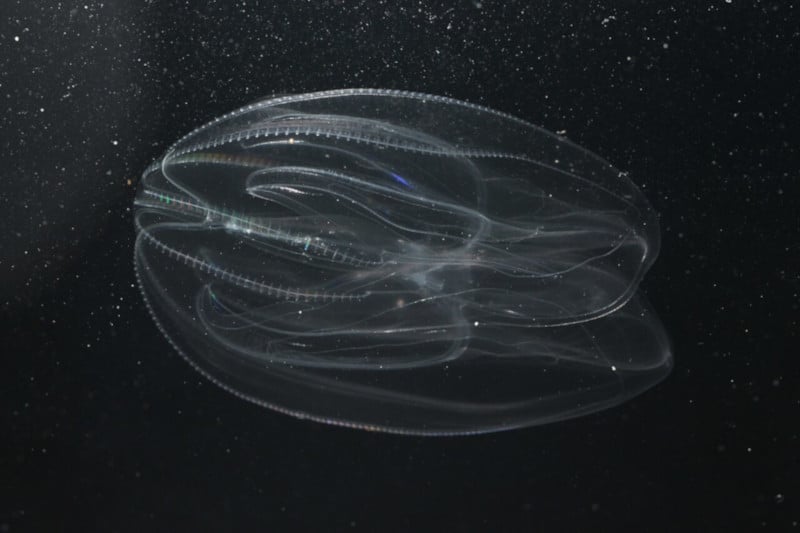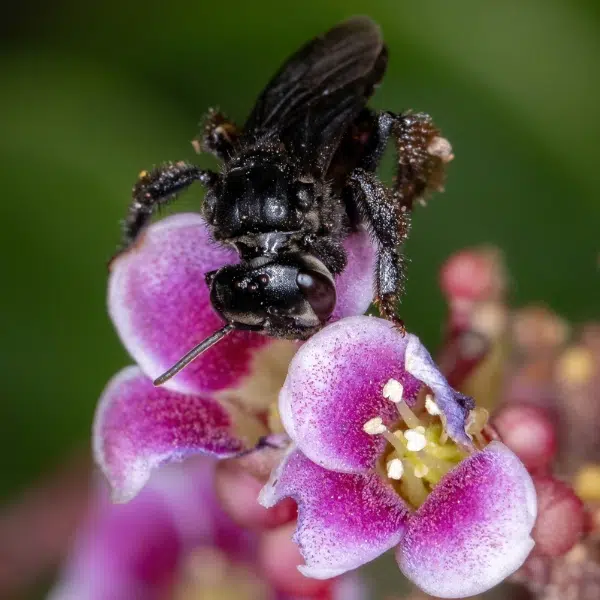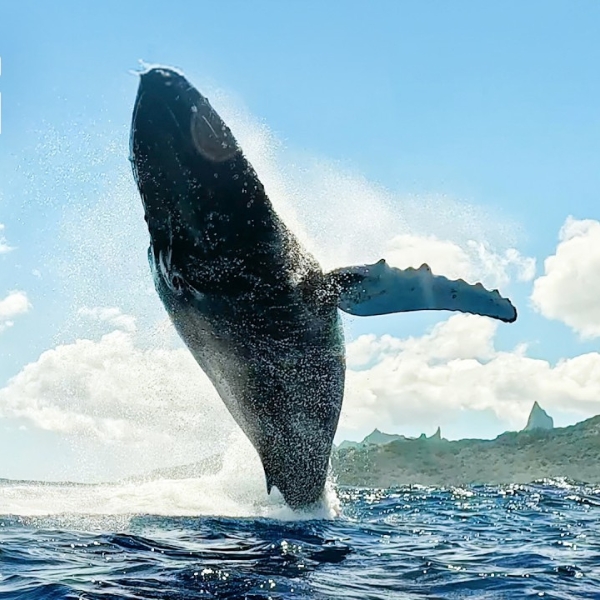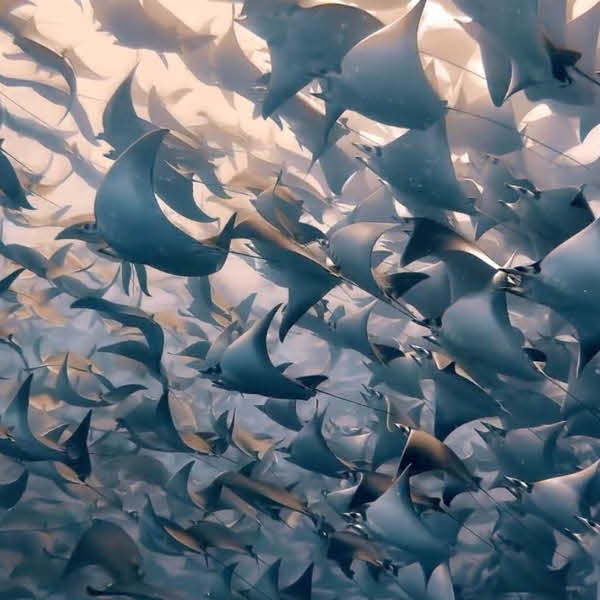
Mnemiopsis leidyi. (Photo: Holger Krisp via Wikimedia Commons, CC BY 3.0)
Many people would love to turn back time and go back to being their younger selves. While that's impossible for humans, a sea creature can do it as a survival technique. A recent study found that the Mnemiopsis leidyi, also known as the warty comb jelly or sea walnut, has the ability to return to its larval stage after dealing with stress or trauma.
It all started when Joan J. Soto-Angel, a postdoctoral fellow at the University of Bergen, noticed that the adult ctenophore he had in a tank in his lab vanished, and a larval specimen suddenly appeared in its place. After determining it was the same individual, he and his colleagues set out to find what might cause warty comb jellies to “age in reverse,” and discovered that adult ctenophores can return to a younger stage under extreme stress.
One of the main reasons for this return is a feature only young comb jellies possess—a pair of tentacles to help them catch food. Researchers starved one group of comb jellies and removed tissue from the lobes of another, which caused them to shrink in size. When they fed them again, they observed that 13 out of the 65 comb jellies they tested had grown tentacles, a sign they had regressed to the larval stage.
“Witnessing how they slowly transition to a typical cydippid larva as if they were going back in time, was simply fascinating,” Soto-Angel said in a statement. “Over several weeks, they not only reshaped their morphological features, but also had a completely different feeding behavior, typical of a cydippid larva.”
The Mnemiopsis leidyi is not the first animal that is discovered to be able to return to the larval stage after reaching sexual maturity. The other two are the so-called immortal jellyfish (Turritopsis dohrnii) and the dog tapeworm (Echinococcus granulosus), on top of some cnidarians—a few jellyfish, sea anemones, and corals—that can develop backward, but only before reaching adulthood.
“We showed that mature lobate stages of M. leidyi are able to reverse to a cydippid larval stage after a period of stress,” Soto-Angel explained. “The fact that we have found a new species that uses this peculiar ‘time-travel machine' raises fascinating questions about how spread this capacity is across the animal tree of life.”
Source: Reverse development in the ctenophore Mnemiopsis leidyi
Related Articles:
Scientists Uncover Key Gene of the Immortal Jellyfish That Makes Them Immortal
Very Rare Jellyfish Is Captured on Video for the First Time
Stunning Footage Captures Rare Sighting of a Psychedelic Jellyfish in the Pacific Ocean
Rare Deep-Sea Sighting of a Giant Phantom Jellyfish Captured on Video From 3,200 Feet Below






















































































